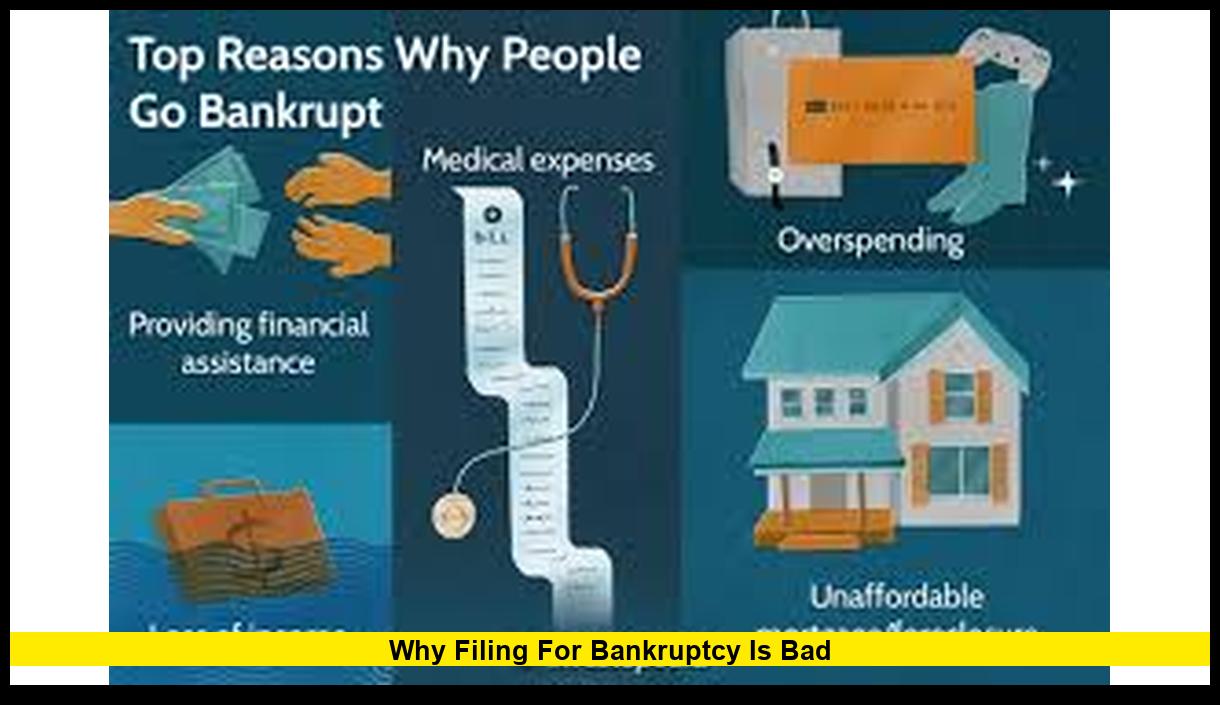Former MLB Outfielder Yasiel Puig Convicted in Federal Sports Betting Scandal
A federal courtroom became the latest stop in the tumultuous journey of Yasiel Puig, the once-electrifying baseball phenomenon whose career has been overshadowed by controversy. Yasiel Puig convicted in connection with an illegal gambling scheme that has sent shockwaves through professional sports circles nationwide. The Cuban-born athlete admitted guilt to federal charges after investigators determined … Read more









